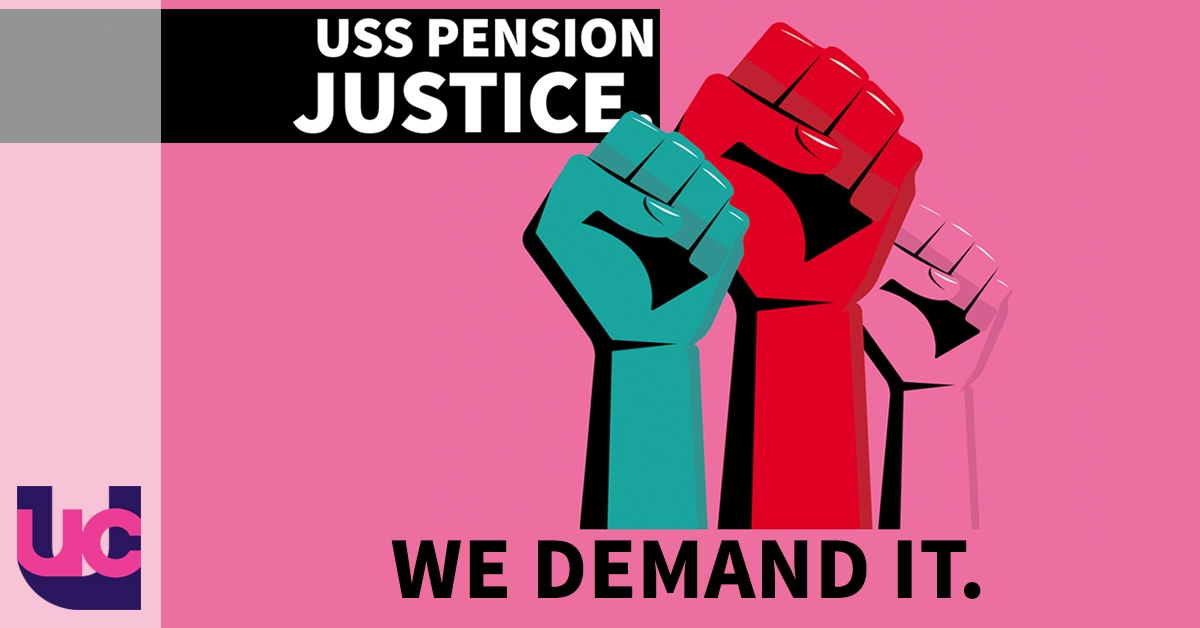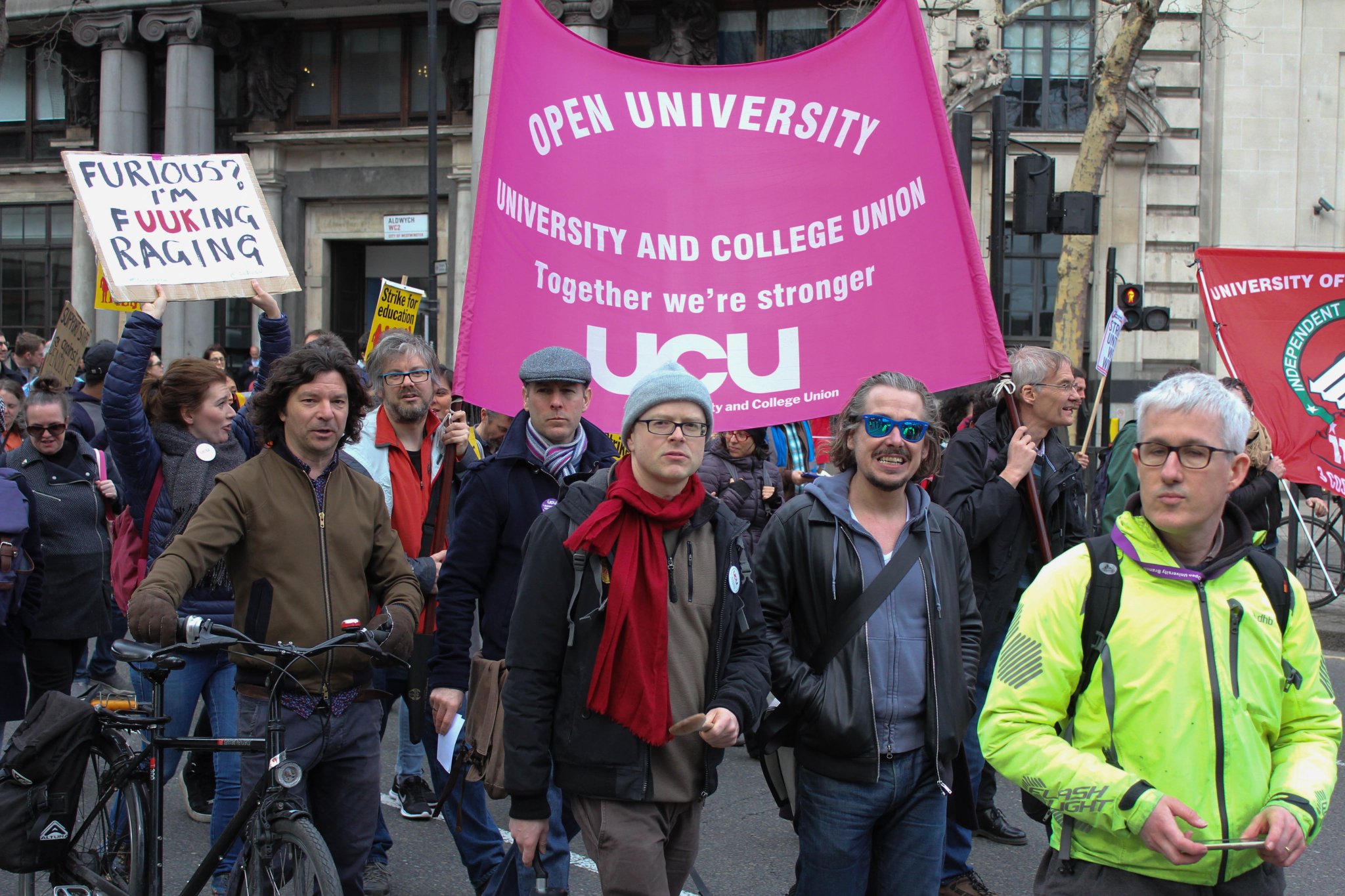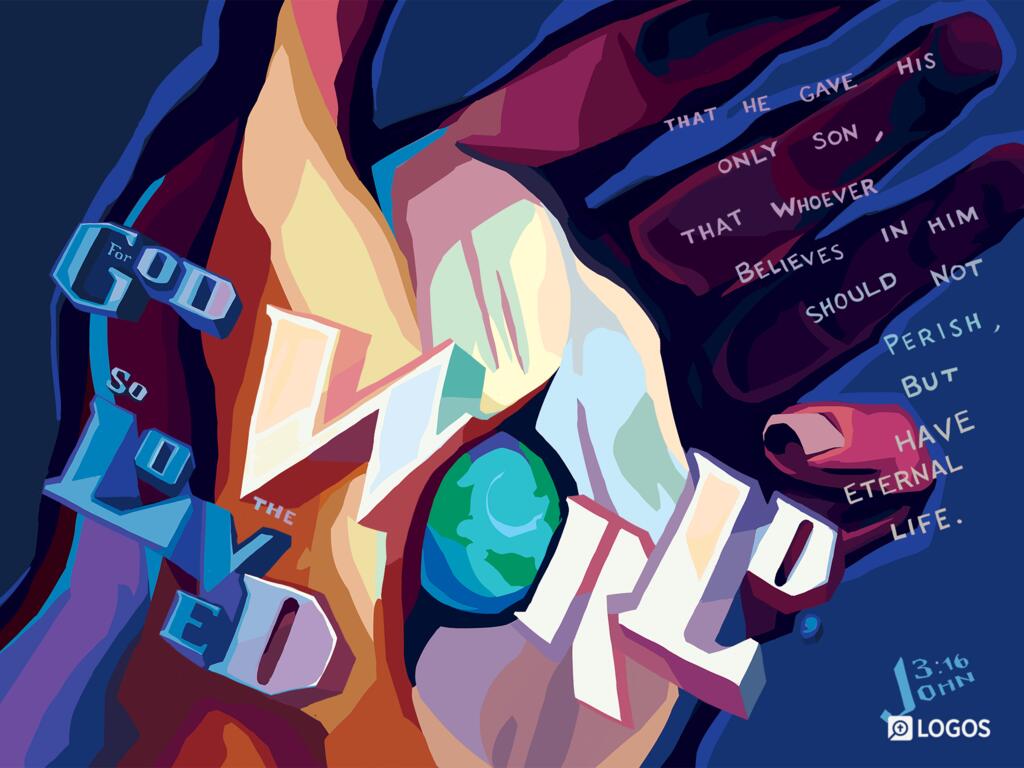Sermon preached at Duston URC, 11 March 2018. Texts: Numbers 21:4-9 and John 3:14-21.
 |
| Image: imgflip.com |
A couple of months ago, my son and I went to see the new Star Wars movie, The Last Jedi. Perhaps my favourite moment in the movie, and there are no spoilers ahead because it’s in the trailer, is where Luke Skywalker says, “this is not going to go the way you think”. Well the same is true with this passage.
There’s such a lot we could talk about here. I’m not going to spend time on the reading from Numbers, which is a very odd story indeed. It’s in the lectionary because it’s quoted by Jesus, and because there are parallels to Jesus’ story – of the people of God rescued from suffering by an intervention provided by God. The parallel to the snake on the pole, and the phrase about Jesus being lifted up, may make you think of the cross, and I think that’s part of the story but not the whole thing. Because Jesus was lifted up in other ways too – he was raised from death, which is the same word; and in later time he was lifted up to heaven in the event we call the ascension. It’s not enough to look just to the crucifixion – we have to look to the resurrection and the ascension as a package together to see the way in which Jesus was lifted up, the way he gave life to others.
But I want to spend most of this sermon unpacking one verse in the John reading. You may have noticed that the John passage contains one of the best-known verses in the New Testament –
John 3:16, “For God so loved the world that he gave his only begotten Son that whoever believes in him may not die but have eternal life”. That’s one of those verses that appears everywhere, especially in the more evangelical parts of the church. It’s on adverts, T-shirts, tattoos. It’s a verse that a lot of people learn by heart. When you hear the 8 verses of this passage, or the 21 verses of
Jesus’ dialogue with Nicodemus that this is part of – your eye, your ear, they just jump to this passage. It takes up all the oxygen in the room.
And it’s well-known for a good reason. It’s short, it’s apparently straightforward. Martin Luther described it as the gospel in a nutshell. But here’s the thing. It’s often really badly misinterpreted. The verse itself has many subtleties that make its meaning quite different from the way it’s often treated, and the passage as a whole shows those up even more clearly. So that’s why I’m agreeing with Luke Skywalker: John 3:16 is not going to go the way you think. And that’s good news, that’s gospel news.
The interpretation you’ll often here goes like this: because of God’s love, he sent Jesus to die on the cross. We must each respond individually, by taking up a set of intellectual opinions about Jesus and his nature. If we do that, we’ll go to heaven after we die; if we don’t, we won’t.
Now I want to be a little gentle with this interpretation, because it’s a source of hope for many people. But
the good news is better than that. What we see in this interpretation is a God who is unable to forgive human beings, and has to be placated by an act of violence. We see a God who separates people into those who live and those who die. We see a God who requires an individual response, based on what you think about the world. It’s not a happy picture of God at all. It’s a picture of a God of fear, not a God of love. Sadly it’s a picture of God which is held by a lot of people, and it does them harm, because we have a God of fear and violence, then the universe is built on fear and violence, and human society needs to be built on fear and violence. And then you get war, gun crime, terrorism, and so on. And it’s also a picture of God which is driving people away from the church in droves – because if God’s like that, why does he deserve any worship?
But the good news is right here in the passage if you read it different. And I’m afraid that requires me to mention a few more
Greek words than many sermons.
We’re told in verse 16 that God loved the world, and indeed the word is
kosmos, so that’s the whole universe rather than just our little planet. God is a God of love for the entire universe, whatever their race or nationality or religion. Flag-waving nationalism and racism have no place in the love of God.
Then we’re told that God didn’t send his Son into the world to condemn the world, or to judge the world, but in order to save it. Now the word translated condemn or judge doesn’t really have the same negative connotation in Greek as in English, and so although we are told that people are condemned by their own actions, it’s perhaps better to say that by their own actions they are separated from God.
Specifically, we’re told in
verse 19 that the light has come into the world and yet there are those who loved darkness rather than light. The gospel of John is full of images of light – recall that
phrase in the prologue to the gospel that “the light shines in the darkness and the darkness did not overcome it” – and at several points describes Jesus as the light of the world. We all know of people who hate light and love darkness, who are dedicated to causing other people pain rather than giving them joy. [more on who] Yet they have not been forced away from the light – they have chosen to turn away from it, and thus have chosen to separate themselves from God.
Often in John’s gospel we see light and life twinned together. The gospel begins by
saying that “in him was life and the life was the light of all people”. And elsewhere in John’s gospel Jesus
says that “I came that they may have life, and have it in abundance”. So turning towards the light or away from the light is about choosing life. It’s about choosing the eternal life that Jesus mentions.
And now we need to look at that idea of eternal life. To our modern understanding, it’s about life that lasts for ever. But that’s not the way that Jewish people of Jesus’ time understood the phrase, and it’s not really what the Greek word
aiōnion, which is translated as ‘eternal’ or ‘everlasting’, means. That word is related to the word ‘aeon’, or age. It’s not about a very long period of time, but is rather about a particular quality of time. It’s about life which exists outside of time and inside of time at once. Jesus said in many places that the Kingdom of Heaven is close at hand, or that it’s within you. The Kingdom of Heaven is not something you get when you die, if you’ve been good enough. That’s why Jesus’ promise is so important – the Kingdom of Heaven is something you can experience here on earth, right now. And there’s one more clue in the Greek to that point, which is the word ‘have’ in the phrase ‘have eternal life’ is in the
present tense not the future tense as you might think for life after death. Eternal life, the life of Heaven, life lived in abundance, is something Jesus offers to us right here and right now.
Jesus is that generous. God is that generous. He came not to offer us some kind of future life after death. He came to offer us real, deep, life in communion with God right now.
And this is absolutely crucial for the way we live our lives. Because if we live in this kind of eternal life, if we choose life for ourselves, we surely can’t do anything other than choose it for others. And again I don’t mean this in an evangelical, convert-the-unbeliever, way. I mean it in the way that Jesus taught us: that the way to love God is to love our neighbour as ourselves. That if we choose life, we must choose to follow the path Jesus taught in the parable of the sheep and the goats, which also talks of eternal life: to feed the hungry, give drink to the thirsty, welcome the stranger, clothe the naked and visit those in prison.
Put another way: if God has been as generous with his love as to send his son to us, we too must be as generous with our love towards others. If God loved the whole universe, we too must love the whole universe. We must love all people as individuals, and we must love them as groups. We must be agents of God’s liberation, against the oppression of the world. I was reading recently an amazing
article on black theology in the face of suffering and oppression, by the Reverend Allan Boesak who was deeply involved in the struggle against apartheid. Boesak writes that:
When we fail to stand with those who suffer, we fail to stand with God, because that is precisely where, and how, God stands, not just in front of the oppressed, in protection of them; not just alongside in solidarity with their struggle but in identification with them in their struggle for liberation.
God’s love for the world involves justice for the oppressed peoples of the world. We see that again and again throughout the scriptures. But this means that if we are following the love of God, we too must stand for justice for oppressed peoples. It’s shameful to the church when it supports oppression, when it reads the Bible in twisted ways that allow it to support slavery, or the subjugation of women, or treating same-sex relationships as less than equal. Some of this has gone from the church, some of it is still around. But it is not the love of God, or experience of eternal life.
There’s one more thing to say about this passage and our response to it. Jesus says that it’s those who believe in God’s son who’ll have eternal life. Except he does and he doesn’t. Because that word ‘believe’ is another wonderful Greek word,
pisteuōn, which means believing in somebody in the sense of
putting all your trust in them, putting your faith in them, putting your life into their hands. It’s precisely what people mean when they say “I believe in you”. When you fly on a plane or have a medical procedure, you believe in the pilot or the doctor. This means far more than believe that they exist, or some theoretical idea about who they are. It means that you have put your trust in them, in a very deep way. It’s profoundly about relationships. In the same way, Jesus expects his followers to put their trust in them. It has nothing to do with credal statements – it doesn’t matter whether you think he was born from a virgin, or your doctrine of the trinity, or your view on atonement theories. What matters is that you put your trust in Jesus, your life in his hands, and follow in his way.
This is a difficult passage, which is full of beauty and depth but equally has the potential for misuse and misunderstanding, in ways that cause harm to those in the church and to the world as a whole. But ultimately it really is about the most amazing good news: that God loves the entire world, that those who place their faith and trust in Jesus can find their way towards the life of the kingdom of God here on this earth, and that in placing their trust we enter into a calling to show God’s love towards others.
Moses was the great liberator of the people of Israel from oppression in the land of Egypt. He knew about God’s love and its relationship to liberation, and he knew about life. In one of his last sayings to the people of Israel,
he said:
I have set before you life and death, blessings and curses. Choose life so that you and your descendants may live, loving the Lord your God, obeying him, and holding fast to him.
May we all choose life, and choose to have it in abundance and joy through trusting in Christ Jesus. Amen.
 Today is my first day back at work following 14 days of strike action called by the Universities &
Today is my first day back at work following 14 days of strike action called by the Universities &  That doesn't stop the way that the university is run from mattering to me. We were, after all, on strike because of the way the sector as a whole is run (and underlying the pensions dispute is a wider question that relates to it, about university governance and its economic basis). And at various times I was able to discuss with various colleagues about better ways to organise the university. I didn't stand on any picket lines, which I gather was a source of such discussions. But I did take part in a march and rally in London, and I gave a talk as part of the Alternative University of the Air, our OU teach-out on Facebook Live.
That doesn't stop the way that the university is run from mattering to me. We were, after all, on strike because of the way the sector as a whole is run (and underlying the pensions dispute is a wider question that relates to it, about university governance and its economic basis). And at various times I was able to discuss with various colleagues about better ways to organise the university. I didn't stand on any picket lines, which I gather was a source of such discussions. But I did take part in a march and rally in London, and I gave a talk as part of the Alternative University of the Air, our OU teach-out on Facebook Live.




